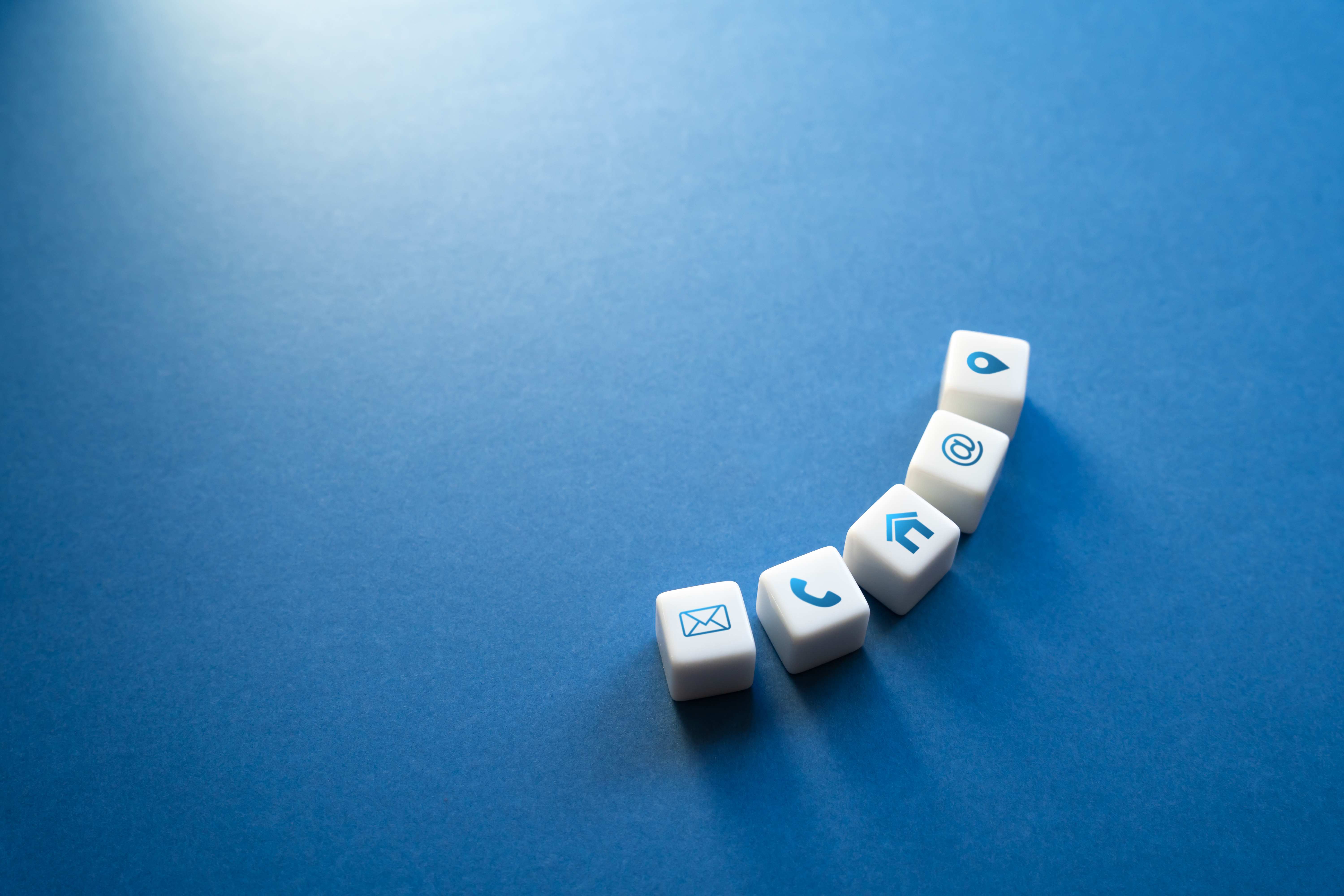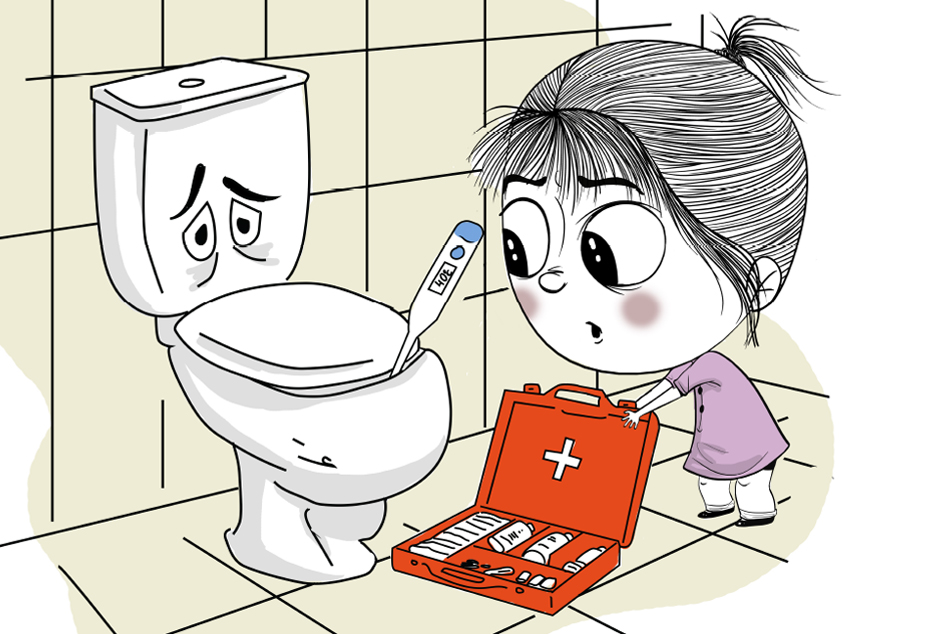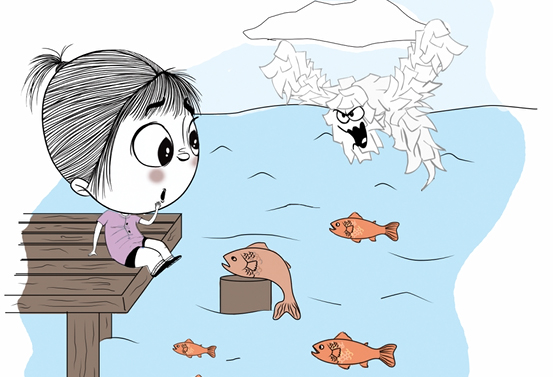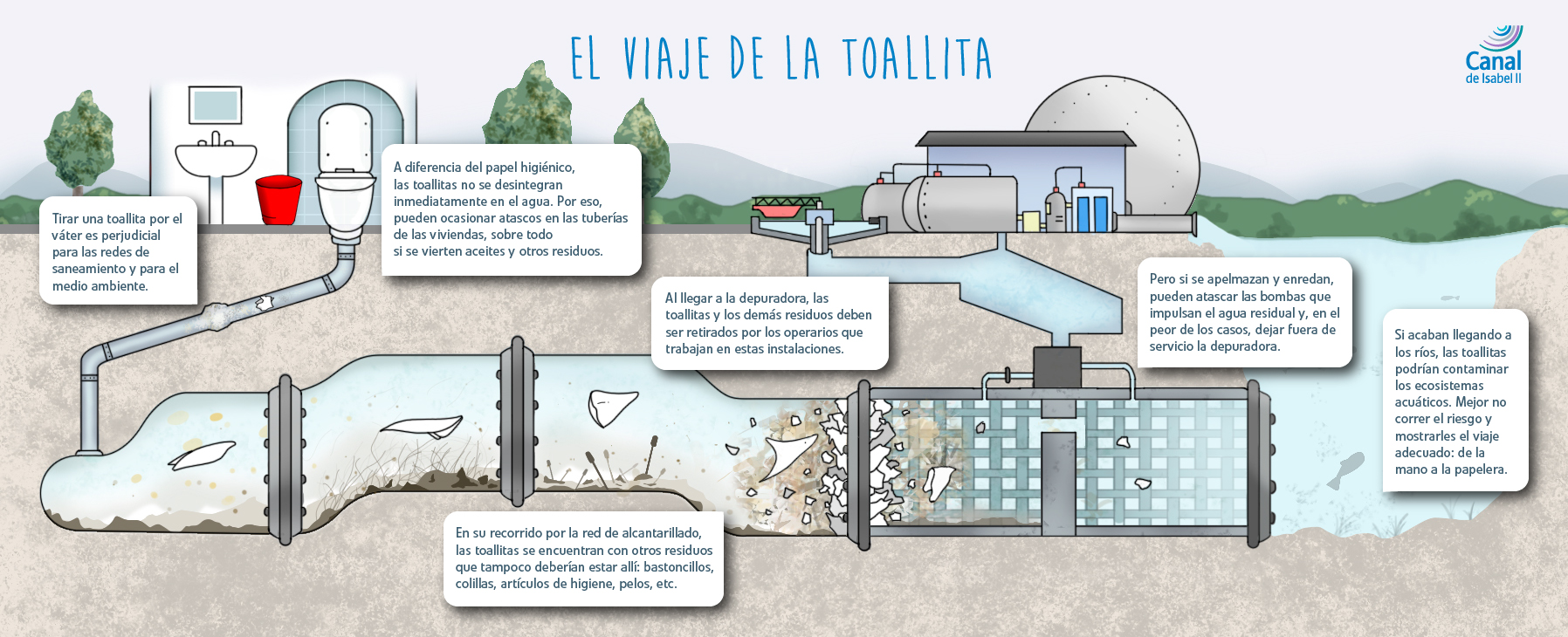Blog
DE MADRID Y DEL GRIFO
In our blog you will find tips to save water and learn how we work to convey it with the best quality to your tap in Madrid
DE MADRID Y DEL GRIFO
In our blog you will find tips to save water and learn how we work to convey it with the best quality to your tap in Madrid
FROM MADRID'S TAP

Suscríbete al blog
ONLY TOILET PAPER CAN BE DISPOSED OF THROUGH THE WATER
Contrary to what is stated on some containers, wipes are not disposable, so, once used, they must always be put in the wastepaper basket or the bin

Wipes being flushed down the toilet has become one of the main threats to sanitation systems, both general and private.
If they are flushed down the toilet, they end up becoming entangled and cause huge blockages in collectors, manholes or purification stations, which we must all work to eradicate. The solution is simple: once used, you have to throw the wipes into the wastepaper basket or the bin.
DO YOU KNOW WHY WIPES MUST NEVER BE THROWN DOWN THE TOILET?

-
Because they do not disintegrate well in water. This is because of their composition, a mixture of synthetic fibres that cannot disintegrate.
-
Because they can cause blockages in your house pipes and the sanitation systems. In the worst case scenario, they can render purification plants inoperative.

-
Because, although some containers say otherwise, they are not biodegradable or disposable; at least, not entirely. If they are broken down, they won’t have done so in the time it takes them to reach the purification stations.
-
Because they can cause significant damage to the environment, especially in aquatic ecosystems, if they end up reaching rivers.
THE THANKLESS JOURNEY OF A WIPE THROWN DOWN THE TOILET
The journey a wipe sets out on, along with the rest of the waste, when it is thrown down the toilet, takes it through the internal pipes of houses, where blockages can occur, especially if oils, detergents and other elements that contribute to the formation of larger accumulations are poured away. They later pass through the sanitation system and the pumping facilities used for wastewater, before finally reaching the purification plants.

As we have already seen, their composition causes them to take too long to disintegrate, unlike toilet paper, which is almost completely dissolved within half an hour. Wipes, on the other hand, take a couple of days to disintegrate barely 36%. Therefore, they arrive practically intact at the purification plants, accumulating in the bar screens in the WWTPs and in the pumps, especially during rainy periods. Thence they are taken, once removed, to the landfills.
This habit can cause serious damage not only in indoor facilities in houses and hydraulic infrastructure, but, of course, to the environment, since the pumps that drive the wastewater inside the treatment plants may cease working and, in extreme cases, the plant may become inoperative. Moreover, the operators who work at facilities and in the sanitation systems are subject to significant workplace risks when they have to unblock pipes, pumps or other elements to guarantee that they will work properly.
STRIPS, COTTON BUDS, SANITARY TOWELS, FACE MASKS... ALSO INTO THE BIN
Sadly, it’s not just wipes. There is a lot of other waste that, because of irresponsibility, ends up in the toilet, rather than in the waste paper basket or the bin: plasters, sanitary towels, cotton balls, face masks, condoms and cotton buds are just some examples. When they accumulate in purification plants, from whence they have to be removed, they end up generating fatbergs as unpleasant as they look in photographs.



Therefore, it’s essential to manage household waste properly. If we take into account that last year about 30,000 tonnes of wet waste reached our treatment plants, we can deduce that, on average, each resident of Madrid pours almost 4 kilos down the toilet, an extraordinary figure.
In economic terms, that bad habit with non-disposable waste entails costs estimated at greater than 2 million euros per year. And this is only the Region of Madrid. Nationally, according to data from the Spanish Water Supply Association (AEAS), the removal of these discharges entails an extra cost of 200 million euros.
On top of the economic cost is the impact this waste causes to the environment, since the microplastics they contain (mainly the cotton buds) can fragment, go through the treatment plant’s filter and pollute our rivers and contaminate the species that live in them. Likewise, as we explained at the beginning, the accumulation of this unwanted waste may prevent the purification plants from functioning and cause the water to return to the channels untreated. It’s in everyone’s hands to prevent this from happening.
In short, it is important that we be aware of this problem to be able to combat it. It is a question of following Matilda’s advice and remembering that only three things should be deposited in the toilet: urine, faces and toilet paper. Because of its initials in English -pee, poo and paper- this rule is known internationally as the 3 Ps or PPP.
1 comment
ENRIQUE REGUEROS FERNÁNDEZ 2023-07-26 11:06:22.594 2023-07-26 11:06:22.594
Canal Isabel II 2023-07-27 13:39:00.0 2023-07-27 13:39:00.0
We have received your comment correctly.
It will be published very soon. Thank you very much!
Volver
Suscríbete al blog
